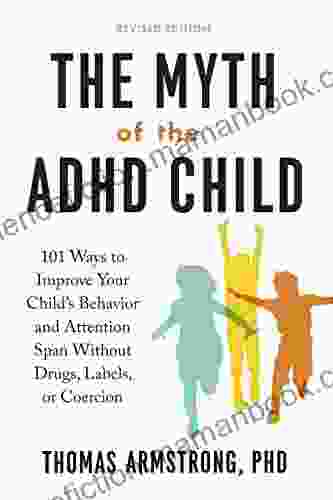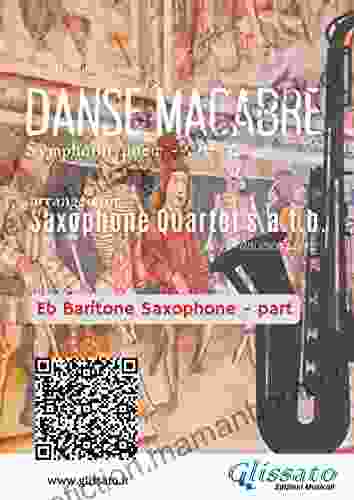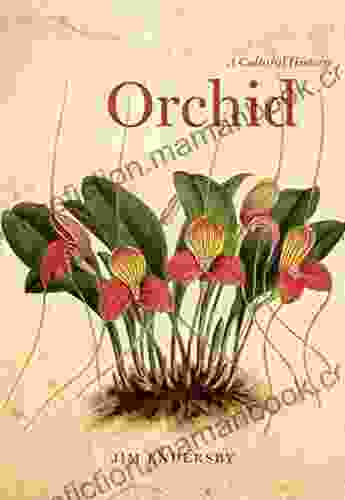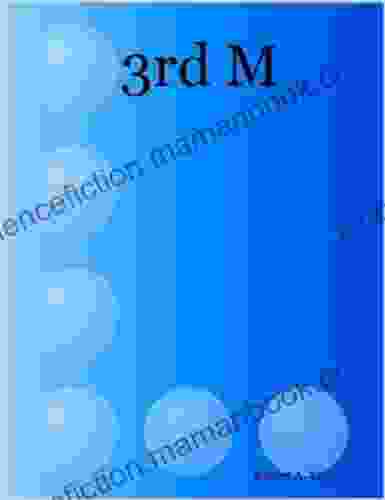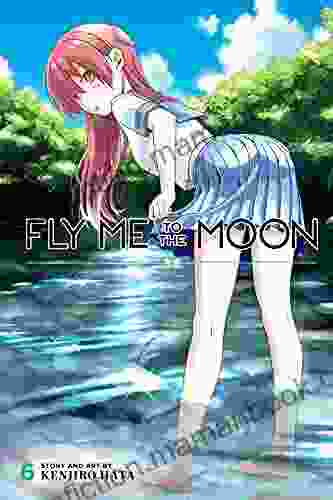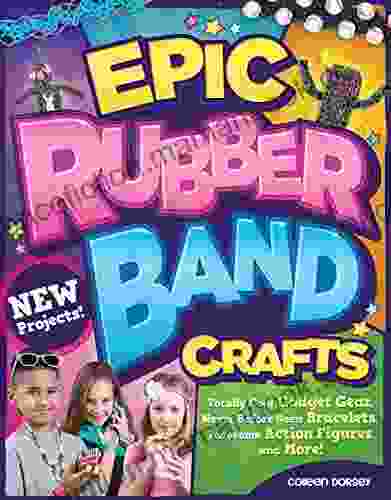The Myth of the ADHD Child Revised Edition: Re-evaluating the ADHD Paradigm

Attention Deficit Hyperactivity Disorder (ADHD) has been a subject of intense debate and controversy for decades. The Myth of the ADHD Child Revised Edition, written by Richard Saul, is a pivotal work that challenges conventional wisdom about this complex condition. This article delves into the key arguments and implications of this revised edition, shedding light on the ongoing evolution of the ADHD narrative.
Rethinking the ADHD Diagnosis
Saul argues that the ADHD diagnosis has become overused and overly reliant on subjective criteria. He suggests that many children labeled with ADHD may not have a true neurodevelopmental disorder but are simply exhibiting normal childhood behaviors. This view aligns with the growing recognition of neurodiversity, which emphasizes the wide spectrum of human brain function and behavior.
4.6 out of 5
| Language | : | English |
| File size | : | 2052 KB |
| Text-to-Speech | : | Enabled |
| Enhanced typesetting | : | Enabled |
| Word Wise | : | Enabled |
| Print length | : | 364 pages |
| Screen Reader | : | Supported |
The revised edition includes updated research questioning the validity of the ADHD criteria. Saul cites studies showing that many children diagnosed with ADHD also exhibit symptoms of other conditions, such as anxiety, depression, and autism spectrum disorder. This raises concerns about the accuracy of ADHD diagnoses and the potential for misdiagnoses.
The Role of Environmental Factors
Saul emphasizes the crucial role of environmental factors in the development of ADHD-like behaviors. He points to research showing that social, emotional, and environmental stressors can contribute to symptoms such as inattention, hyperactivity, and impulsivity. This perspective shifts the focus from solely blaming the child to considering the broader context in which they live.
The revised edition expands on the discussion of environmental factors, exploring the impact of poverty, trauma, and parenting styles on child behavior. Saul argues that addressing these underlying social determinants of health is essential for improving outcomes for children with ADHD-like symptoms.
Alternative Perspectives on ADHD
Saul presents alternative perspectives on ADHD that challenge the traditional medical model. He discusses the neurodiversity movement, which views ADHD as a natural variation of human neurology rather than a pathology. This framework emphasizes the strengths and abilities of individuals with ADHD and advocates for supportive environments that embrace their unique qualities.
The revised edition incorporates new research on mindfulness-based interventions for ADHD. Saul argues that mindfulness practices can help children with ADHD improve their attention, emotional regulation, and self-control. This approach offers a non-pharmaceutical and empowering alternative to traditional ADHD treatment.
Implications for Education and Policy
The Myth of the ADHD Child Revised Edition has significant implications for education and policy. Saul calls for a shift towards more inclusive and supportive educational practices that recognize the needs of neurodiverse children. He advocates for accommodations, differentiated instruction, and a focus on strengths rather than deficits.
The revised edition expands on the discussion of policy implications, proposing changes to diagnostic criteria, funding for mental health services, and the use of medication for ADHD. Saul urges policymakers to prioritize evidence-based practices and to invest in research that further illuminates the complexity of this condition.
Controversies and Criticisms
The Myth of the ADHD Child Revised Edition has sparked controversies and drawn criticism from some corners. Critics argue that Saul oversimplifies the issue of ADHD and downplays the role of neurobiology in the disorder. Others have accused him of being anti-medication and undermining the validity of ADHD diagnoses.
However, Saul's work has also been praised for its thought-provoking insights and for challenging the status quo. The revised edition addresses these criticisms, providing a more nuanced and comprehensive perspective on the ADHD narrative. Saul emphasizes the importance of individualizing treatment and considering a range of factors, including both biological and environmental influences.
The Myth of the ADHD Child Revised Edition is a timely and thought-provoking contribution to the ongoing discussion about ADHD. Saul's challenge to the conventional wisdom about this condition has opened up new avenues for research, policy, and practice. By rethinking the ADHD diagnosis, emphasizing environmental factors, and exploring alternative perspectives, this revised edition invites us to reconsider our assumptions about this complex and multifaceted condition.
The evolution of the ADHD narrative is far from over. As our understanding of neuroscience and child development continues to expand, the concept of ADHD will undoubtedly continue to be debated and refined. Saul's work serves as a reminder that we must approach this condition with humility, openness, and a commitment to evidence-based practices that prioritize the well-being of children.
4.6 out of 5
| Language | : | English |
| File size | : | 2052 KB |
| Text-to-Speech | : | Enabled |
| Enhanced typesetting | : | Enabled |
| Word Wise | : | Enabled |
| Print length | : | 364 pages |
| Screen Reader | : | Supported |
Do you want to contribute by writing guest posts on this blog?
Please contact us and send us a resume of previous articles that you have written.
 Top Book
Top Book Novel
Novel Fiction
Fiction Nonfiction
Nonfiction Literature
Literature Paperback
Paperback Hardcover
Hardcover E-book
E-book Audiobook
Audiobook Bestseller
Bestseller Classic
Classic Mystery
Mystery Thriller
Thriller Romance
Romance Fantasy
Fantasy Science Fiction
Science Fiction Biography
Biography Memoir
Memoir Autobiography
Autobiography Poetry
Poetry Drama
Drama Historical Fiction
Historical Fiction Self-help
Self-help Young Adult
Young Adult Childrens Books
Childrens Books Graphic Novel
Graphic Novel Anthology
Anthology Series
Series Encyclopedia
Encyclopedia Reference
Reference Guidebook
Guidebook Textbook
Textbook Workbook
Workbook Journal
Journal Diary
Diary Manuscript
Manuscript Folio
Folio Pulp Fiction
Pulp Fiction Short Stories
Short Stories Fairy Tales
Fairy Tales Fables
Fables Mythology
Mythology Philosophy
Philosophy Religion
Religion Spirituality
Spirituality Essays
Essays Critique
Critique Commentary
Commentary Glossary
Glossary Bibliography
Bibliography Index
Index Table of Contents
Table of Contents Preface
Preface Introduction
Introduction Foreword
Foreword Afterword
Afterword Appendices
Appendices Annotations
Annotations Footnotes
Footnotes Epilogue
Epilogue Prologue
Prologue Tibor Fischer
Tibor Fischer Kevin Kryptor
Kevin Kryptor Hugh Brewster
Hugh Brewster Iona Grey
Iona Grey Angela Thayer
Angela Thayer Richard Davies
Richard Davies Anton Chekhov
Anton Chekhov Jim Endersby
Jim Endersby Filip Forsberg
Filip Forsberg Jennifer Monroe
Jennifer Monroe David Podlipny
David Podlipny Kris T Bethke
Kris T Bethke Linda S Dowling
Linda S Dowling Don Colbert
Don Colbert J P Singh
J P Singh Kolbie Blume
Kolbie Blume David Burke
David Burke Angelina Feldman
Angelina Feldman Michael Dreiblatt
Michael Dreiblatt Simon Child
Simon Child
Light bulbAdvertise smarter! Our strategic ad space ensures maximum exposure. Reserve your spot today!
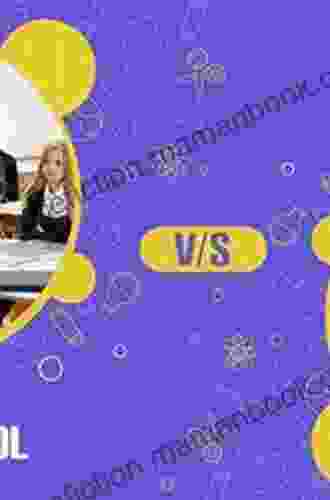
 Henry David ThoreauSharing Lessons About Decentralization: A Comprehensive Guide to the Future...
Henry David ThoreauSharing Lessons About Decentralization: A Comprehensive Guide to the Future... Jorge AmadoFollow ·6.3k
Jorge AmadoFollow ·6.3k Noah BlairFollow ·10k
Noah BlairFollow ·10k Tyrone PowellFollow ·14.7k
Tyrone PowellFollow ·14.7k Danny SimmonsFollow ·14.1k
Danny SimmonsFollow ·14.1k Eric HayesFollow ·15.7k
Eric HayesFollow ·15.7k Bryce FosterFollow ·5.8k
Bryce FosterFollow ·5.8k Morris CarterFollow ·6.9k
Morris CarterFollow ·6.9k Israel BellFollow ·15.5k
Israel BellFollow ·15.5k
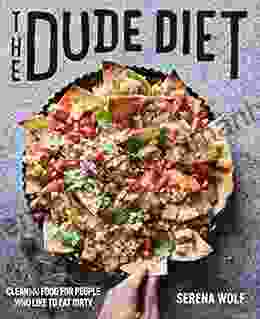
 Ashton Reed
Ashton ReedClean(ish) Food for People Who Like to Eat Dirty
By: [Your Name] Are...
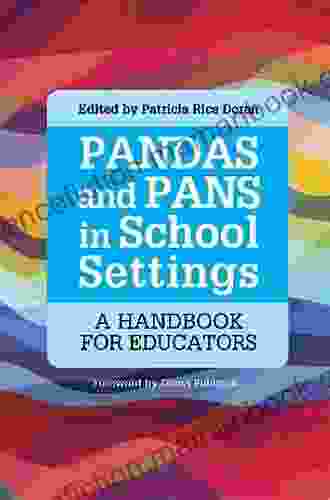
 Ronald Simmons
Ronald SimmonsThe Handbook for Educators: A Comprehensive Guide to...
The Handbook for...
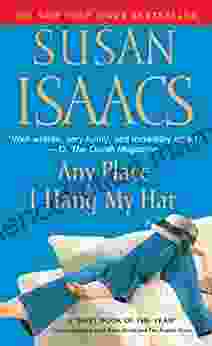
 Derrick Hughes
Derrick HughesAny Place Hang My Hat: A Hauntingly Beautiful Novel by...
A Masterpiece of...
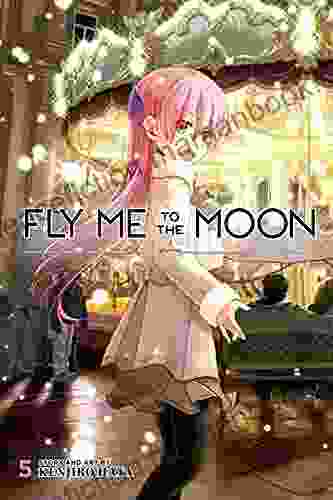
 Adrien Blair
Adrien BlairFly Me to the Moon Vol. 5: A Lunar Odyssey through...
In the vast...

 William Powell
William PowellTips By Gardeners On Variety Of Subjects
Gardening...
4.6 out of 5
| Language | : | English |
| File size | : | 2052 KB |
| Text-to-Speech | : | Enabled |
| Enhanced typesetting | : | Enabled |
| Word Wise | : | Enabled |
| Print length | : | 364 pages |
| Screen Reader | : | Supported |


